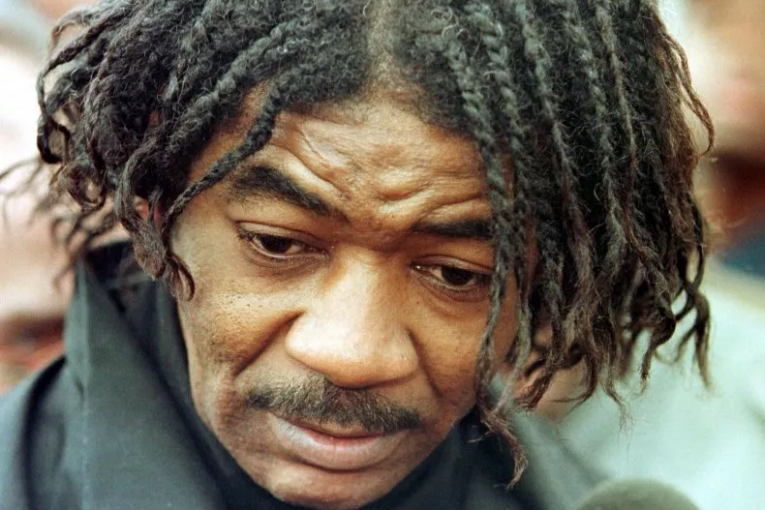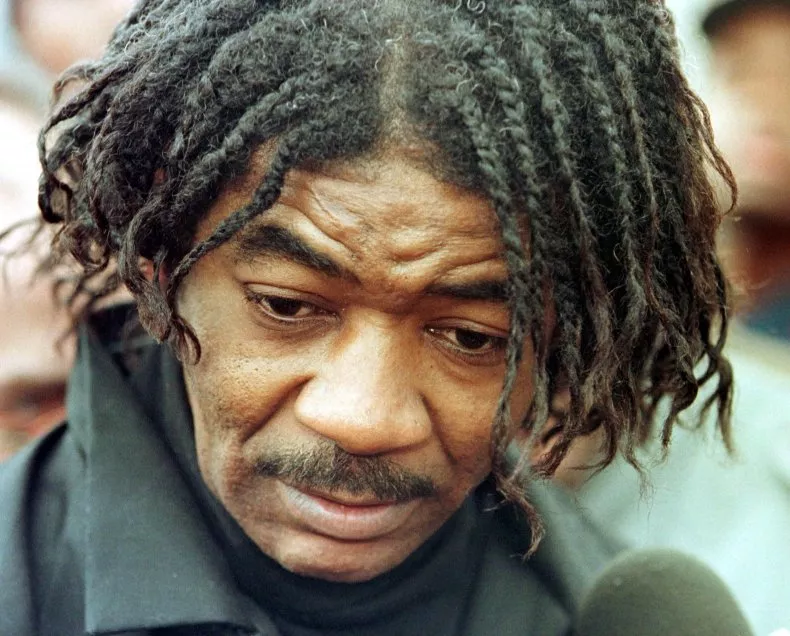

By Dr. Joan Parkin
This summer saw the death of Chicago resident Anthony Porter at the age of 66, a man whose wrongful capital conviction case became a watershed moment in the fight to abolish Illinois’ racist death penalty system. In 1999, after spending 17 years on death row for a crime he did not commit and, within hours of execution, activist and attorneys won a stay of execution giving time for investigators to find the people who committed the crime. Within a year Republican Gov. George Ryan, formerly a supporter of the death penalty, declared a moratorium on executions. Multiple death penalty clemencies followed. In 2003, Ryan commuted all the death sentences to life without parole, stating, “To say it plainly one more time – the Illinois capital punishment system is broken. It has taken innocent men to a haired breath escape from their unjust execution.” By 2011 Illinois abolished its death penalty.
I was the coordinator of Chicago’s Death Row 10 Campaign. It was an organization founded to exonerate wrongly convicted Illinois death row inmates and examine other wrongful conviction cases – I can personally attest that there were many. The entire death penalty system that convicted Anthony was rife with corruption. A five-part Chicago Tribune series that appeared after Anthony’s release highlighted the deep-seated roots of corruption. The Tribune showed how time and gain prosecutors sacrificed justice to enhance their careers. Anthony was simply a notch in the belt, another solved case. It didn’t matter if he did the crime or not, so long as they could close the case. His case exposes the issues of innocence, representation, mental health, racism, and police and prosecutorial misconduct in administering Illinois’ death penalty system.
In the Porter case, the state was within 48 hours of execution of a man with an IQ of 51. For two decades a ring of veteran detectives on Chicago’s South Side railroaded dozens of mostly African-American men to death row or into long prison sentences on the basis of confession extracted by torture.
Led by former Chicago police commander Jon Burge (who passed away in 2018), the torture ring operated as an open secret among the offices of the state’s attorney and the mayor from the early 1970s until 1991, when Burge was put on leave. Former mayor Richard M. Daley was state’s attorney and Dick Devin was assistant state’s attorney during much of Burge’s reign. It was their job to meet with the defendants to sign off on confessions at the precincts.
Even after the lid was blown off the torture conspiracy by Flint Taylor of the People’s Law Office, Daley and his underlings protected Burge. It took protests at City Hall and in Daley’s neighborhood as well as highly publicized hearings organized by the People’s Law Office, to force Burge’s resignation in 1993.
Still, there were no indictments or other detectives were fired, and the victims remained in prison. Some years later a group of men calling themselves the Death Row 10 reached out to the Campaign to End the Death Penalty, and cracks in the system began to form. Through a series of protest rallies and press conferences targeting Daley and Devine – and Live from Death Row events that featured call-ins from members of the Death Row 10 – we become the fuel for a growing movement around wrongful convictions that exposed the racist underpinnings of Illinois’ criminal justice system.
In his Jan. 9, 2003, press conference televised around the world, Gov. Ryan detailed the horrors that Burge had inflicted, before pardoning four of the Death Row 10 and commuting death sentences to life without. After the pardons, a coalition of organizations kept up the pressure and eventually won a civil judgement that forced the city of Chicago to pay out $5.5 million in reparations to 57 people tortured by Chicago police. In total, the city shelled out over $120 million in lawsuits settlements, legal fees, and reparations.
Anthony Porter’s victory over Illinois’ corrupt criminal justice system is shared by those who came after. The movement launched in pursuit of justice remains a notable chapter for the history books, with many struggles and chapters that remain to be written. May Anthony Porter rest in power.
Before Joan Parkin became involved with the Mule Creek Post before she founded the Social Justice Prisoner’s Journalism Club, established the Incarcerated Allied Media nonprofit, and co-founded the Incarcerated Student Program for Feather River College, she advocated for death row inmates in Illinois leading a movement that resulted in abolition of the death penalty in that state.
Originally published in the Mule Creek Post




